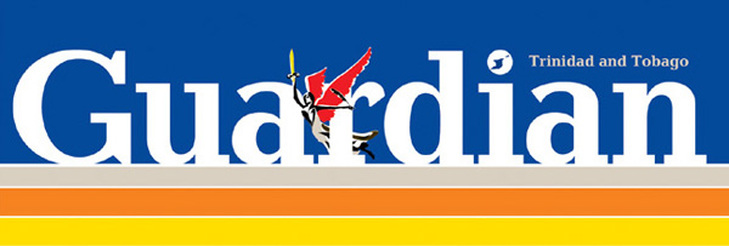This large state bailout was based on property law and offered in lieu of the slave owners “loss of human property.” It created financial dynasties still in operation today, including the family of the current prime minister of the UK and many of the world’s most well-known banks. It was paid for in the main by taxes on the poor.
And while it is easy to concentrate on the rich people and banks that gained greatly from slavery, the records of the Slave Compensation Commission discussed in the programme, and created to handle the 46,000 claims for compensation, revealed slave ownership wasn’t just something of the well-to-do classes.
British society around the world at the time considered slave ownership, even if it were only one slave, to be a sound investment and way to pass on assets through inheritance. Slave ownership was something the middle class, including women and some mixed Britons, of many different professions including pastors across the country and empire took part in alongside the elites.
A central finding of the University of London research on which the programme was based is that slave money and the infrastructure, industries, and the world of finance it bequeathed and shaped had a lasting impact on the modern world we now live in.
From the bailout funds being reinvested into national rail networks, cultural societies, universities, factories, insurance companies, banks, and much more, the compensation given to many slave owners was central to building the industrial society of 19th century Britain. Or put another way, slave owners diversified.
The price of freedom from slavery then was to compensate the slave owners for the economic damage caused by ending slavery rather than compensate the enslaved for the damage caused to them by slavery. It was to reward the now ex-slave owners and further punish the humans they had enslaved. It was to create great man-made economic inequalities in society that put a lie to the myth of hard work and aspiration as the way to get ahead in the world. It was class warfare. A transfer of wealth from poor to rich.
Jump forward 180 years or so, and the absurd logic of abolition has similarities to the bailouts offered to the banking industry following the 2008 financial crisis and the neoliberal decisions being forced on Greece today by what for many on the left are the modern incarnation of the slave-owner creed, the banks and financial creditors represented by the IMF, the EU and the European Central Bank.
The price of freedom for the masses today in Europe is austerity and debt slavery. It is a situation where taxpayers are forced to compensate via bailouts the immoral financial behaviour of elites and their cronies. Where Greeks citizens must hand over their sovereignty, assets and services in order that creditors might be saved and compensated. It is class warfare 101 again.
And similarly to how compensation for slavery created class and economic divisions in 19th century society that extend into today. The financial bailout of the world’s banks since 2008 and the quantitative easing chosen by the world’s most powerful countries in order to sidestep the requisite capital destruction of capitalism and maintain (and increase) the value of their assets is another way of creating man-made injustices and inequalities in the world, many of which will extend long into the future, too.
Today, the lie peddled by the neoliberal “planters” of many European states about Greece and the majority of debts in the world—be they personal, business or at the state level—is that if people and in particular Greek citizens were better at their household bookkeeping and more frugal everything would be fine, and there would be no debt crisis anywhere. When the reality of an operational capitalism is a process of periodic booms and busts.
There are similarities between how the enslaved were represented in colonialism as savage, childlike, simple, and in need of guidance, and the way the Greeks are being represented as lazy, immoral, and unable to look after themselves. They are the same old clichés repackaged for the 21st century.
Again, the lie as articulated by neoliberal Europe and its figureheads such as Angela Merkel, Francois Hollande and Wolfgang Schäuble is about the economic damage irresponsible Greece caused and will cause to creditors and never the economic damage and loss of humanity caused to the debtors by the architects of the system, the banks, and elites themselves. The price of freedom is once again to reward and protect wealth. It’s always capital before people.
http://m.guardian.co.tt/commentary/2015-07-26/price-freedom

 RSS Feed
RSS Feed